This website uses cookies so that we can provide you with the best user experience possible. Cookie information is stored in your browser and performs functions such as recognising you when you return to our website and helping our team to understand which sections of the website you find most interesting and useful.
Lyptsi Territorial Community
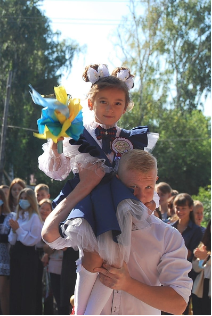
The Lyptsi territorial community is located in the northeast of the Kharkiv district of the Kharkiv region.
The total area of the territory is 385 km2 .
The population of the community as of February 22, 2024 was 13,486 people
Women: 6,958.
Men: 6,528
IDPs: 43.
It includes 17 population centers and has its administrative center in the village of Lyptsi.
History
The center of the Lyptsi Territorial Community is the village of Lyptsi, located on the banks of the Kharkiv River 20 km from the regional city of Kharkiv.
The community was first mentioned in 1660 as founded by peasants from Right Bank Ukraine. From the second half of the 17th century to 1765, Lyptsi was a town of the Kharkiv Slobid Cossack Regiment and had its original symbols.
On October 7, 1871, one of the first free public libraries in eastern Ukraine was opened here. After the fire in 1879, which destroyed the library, some of the books were transported to Kharkiv.
By 1914, the population of the village had grown to 10,211 people. During the Holodomor organized by the Soviet authorities in 1932-1933, at least 250 residents of the village died.
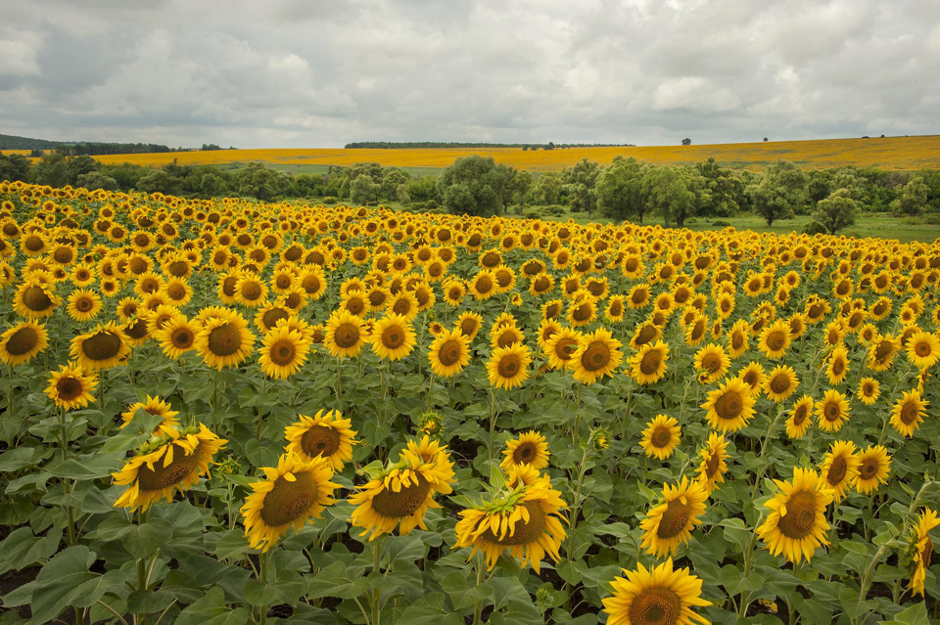
The community’s calling card is the Cultural and Historical Center of Memory of the Lanceret – Benoit -Serebriakovs Family in the village of Neskuchne. The outstanding artist Zinaida Serebriakova was born in the family estate in the village of Neskuchne, which is now part of the community. The Lanceret – Benoit -Serebryakovs family gave the world a huge number of artists: painters, sculptors, and architects.
Unfortunately, nothing remained of the estate, but a historical and cultural center functioned in its place, where the works of the artist, as well as old household items that correspond to the spirit of the era of the early last century were presented.
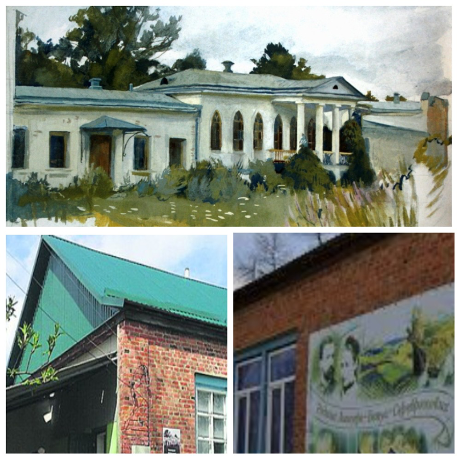
The modern architectural jewel of the community is the premises of the Lyptsi Lyceum. This luxurious building of Ukrainian Baroque architecture was built in 1907 according to the design project by the architect Viktor Velychko as a non-classical secondary school.
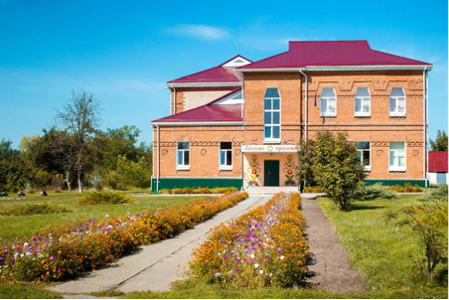
The spiritual jewel of the community is the restored Church of St. Tykhon located in the village of Borshchova. This church, built in the second half of the 19th century, impresses not only with its exterior, but also with its unique iconostasis and interior decoration.
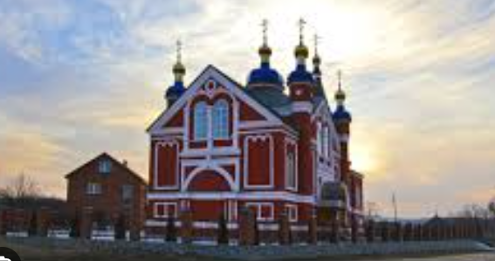
The uniqueness of the Lyptsi community is not only about its historical significance, but also its cultural heritage. For example, the village of Lyptsi became the scene of the first Ukrainian-language story “Soldier’s Portrait” by Hryhoriy Kvitka- Osnovyanenko, which stood at the origins of Ukrainian artistic prose and was written and first published in 1833.
A unique library operated in the village of Borshchova which was decorated in the ethnic style of the 19th century. It was also called “reading house”. Within its walls, there is an exposition dedicated to Borys Hrinchenko – an outstanding Ukrainian writer, translator and public figure who was born here.
Also, a school museum operated in the village Borshchova which was dedicated to the life path and scientific achievements of D.I. Yavornytskyi – an outstanding historian, ethnographer who was born right here.
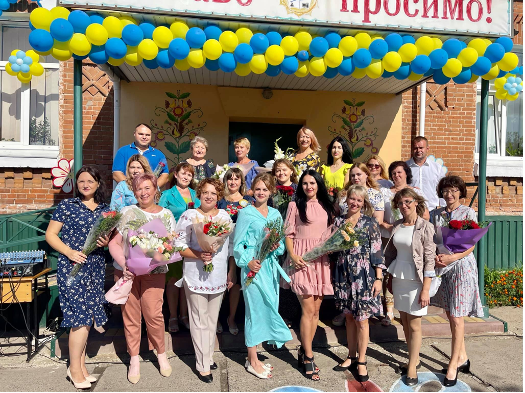
Economy and Welfare
The Lyptsi community is famous for its rich history of industry and agriculture.
A sewing factory located on the territory of the community more than half a century ago specialized in the production of children’s clothing, the demand for which spread far beyond the borders of the Kharkiv region.
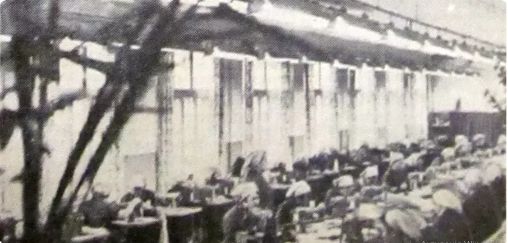
In addition to the sewing factory, there are various enterprises on the territory of the community. The main enterprises engage in manufacture and agriculture and specialize in growing and processing of grain, oil, leguminous, fodder crops. Fruit and berry enterprises, poultry and cattle farms process their products.

There are also a dairy farm and a buttermilk workshop of the Komarivske milk factory on the territory of the Lyptsi community.
Industrial enterprises, such as the Kharkiv Research Plant and the National Scientific Center “Institute of Metrology” and many private entrepreneurs functioned on the territory of the community.
In addition, the community was engaged in the development of the consumer sector and the transition to alternative sources of electricity supply. Thus, in the village of Vesele, they managed to completely switch to alternative sources of heating and electricity for educational institutions and outpatient clinics.
Unfortunately, the full-scale russian invasion and the temporary occupation greatly complicated the economic development of the community, erasing the prospects for growth and prosperity. The aggression led to the destruction of industrial facilities, the destabilization of the agricultural sector, the disruption of transport and logistics chains, the destruction of the residential, educational and medical sectors.
Community and War
On February 24, 2022, at 5 o’clock in the morning, russian troops launched a large-scale invasion of Ukraine, including the offensive operation in the Lyptsi Territorial Community.
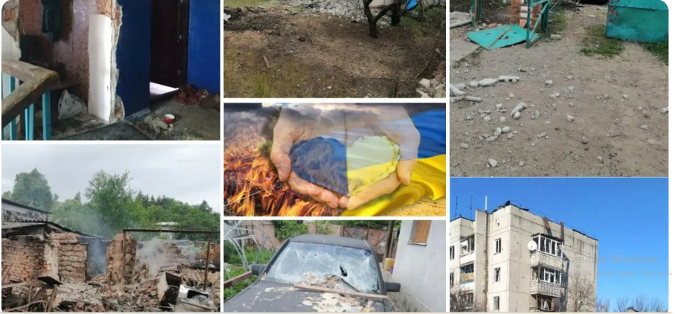
The russian military shelled and caused significant damage to civilian infrastructure, including power lines, gas supply networks, and water intake stations. The occupiers captured civilians, destroyed houses, mined fields and blocked the exit of citizens from the territory of the community.
From February 24 to September 11, 2022, the village was under russian occupation. During this period, russian troops significantly damaged the infrastructure of the community.
The management team tried to preserve the historical and cultural monuments of the community, so they moved the museum to safer areas.
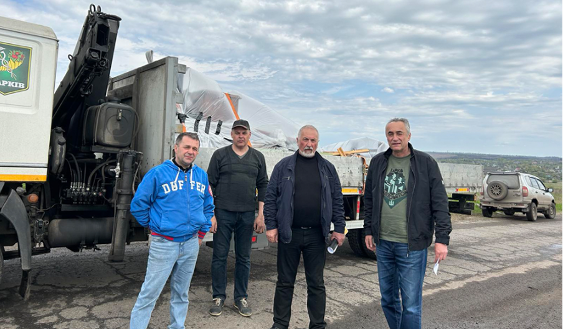
On September 11, 2022, the Armed Forces of Ukraine liberated the village from the russian invaders during a counteroffensive.
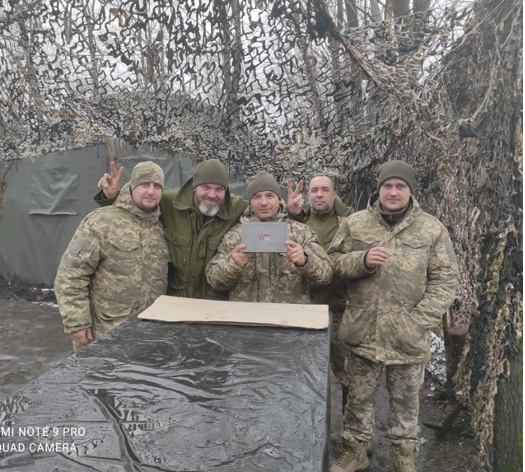
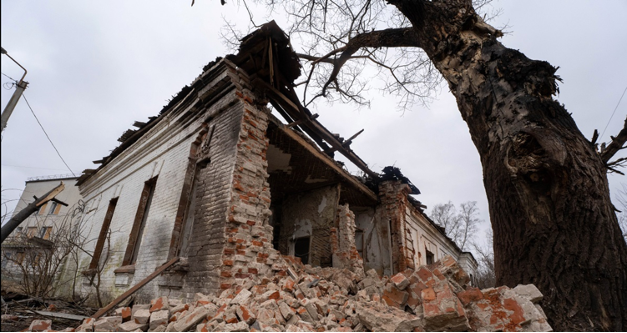
On May 10, 2024, the russian federation intensified its aggressive actions on the border with the Lyptsi territorial community which exceeds 38 km. The community was again subjected to even more massive shelling by the russian army, as a result of which residential buildings, educational institutions and medical facilities were destroyed. To date, almost the entire infrastructure has been destroyed.
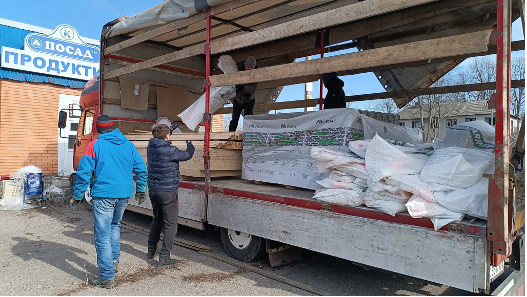
People of the Community
Oleksiy Slabchenko is the Head of the Lyptsi territorial community
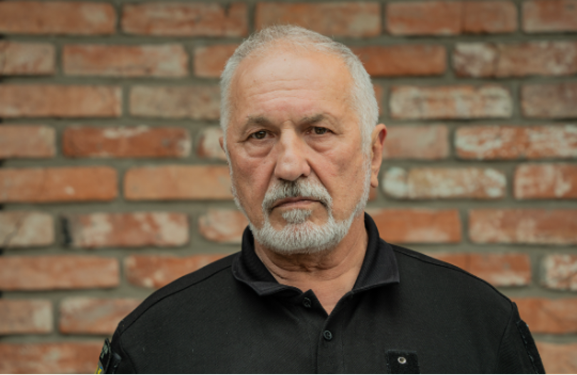
For more than 30 years of his activity, he proved himself as an effective manager whose work contributed to the significant development of the community’s socio-economic and cultural sphere.
Under his leadership, the community was repeatedly placed high in regional and district competitions, which testifies to the effectiveness of his management activities.
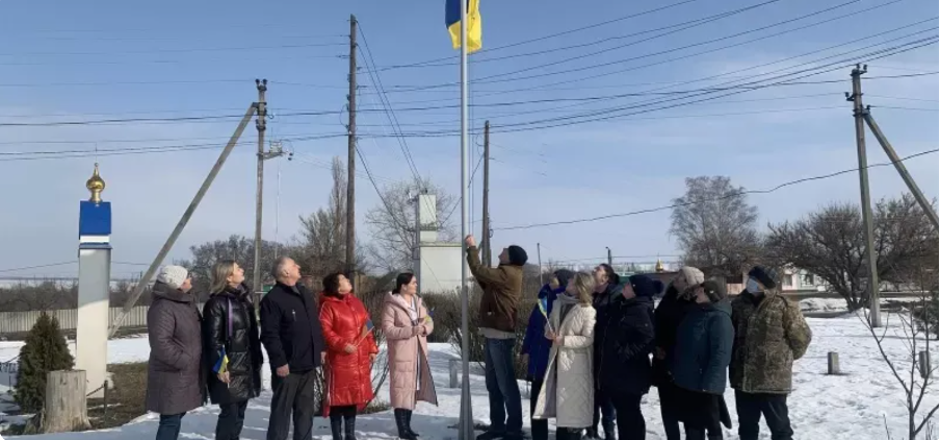
Mr. Slabchenko actively works to improve cultural heritage and preserve local traditions, for which he received recognition both at the local and regional levels. His contribution to the development of the community was recognized by various awards, including the title “Honorary Citizen of Kharkiv District”.
Before the full-scale invasion and russian occupation, the community was actively developing. Sports sections and children’s development groups worked here. Now the community awaits the restoration and return of its residents after the victory of Ukraine.
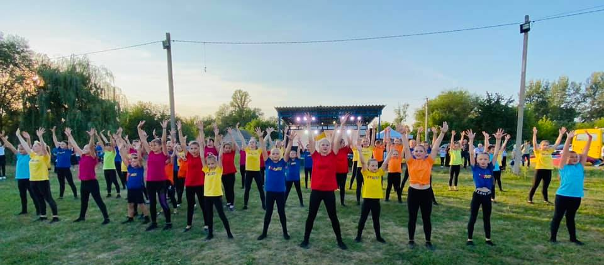
Development Strategy
Currently, the Lyptsi community has great prospects for development, given the need to rebuild almost the entire infrastructure destroyed during the war. The main areas of the strategy include:
– restoration of water supply by reconstruction of water mains and installation of the latest pumping and filtration equipment, with the possibility of further modernization.
– development of the electricity supply network to ensure stable energy supply.
-restoration of social infrastructure, in particular educational institutions, pre-school education and medical institutions, as well as residential buildings.
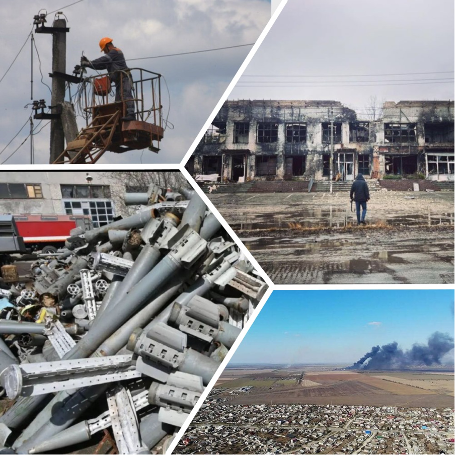
One of the key problems is the contamination of the soil by explosive devices, so the priority task is to clear the territories, in particular the fields, which make up almost 80% of the community.
An important project is the creation of a construction hub for the restoration of destroyed buildings, which includes clearing areas and installing frame houses. It is planned to involve young people in the process of restoration and introduction of new ecological and economic technologies.
In addition, the development strategy envisages the creation of a recycling system, which includes waste sorting, a recycling hub and mini-factories for the processing of various types of waste.
